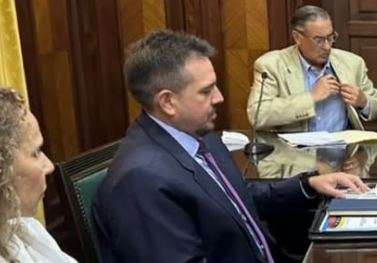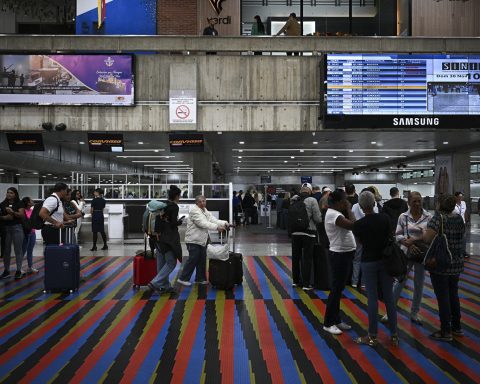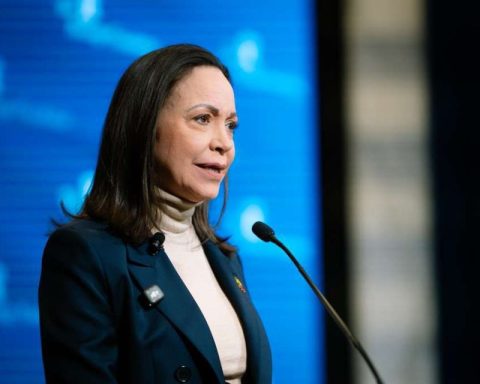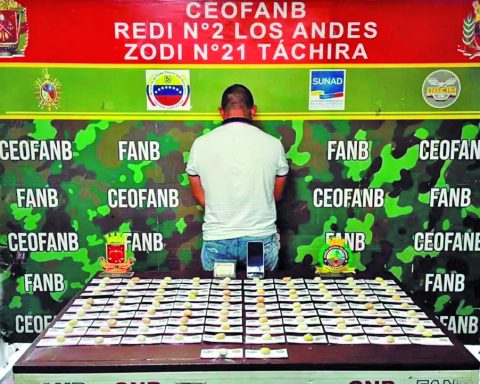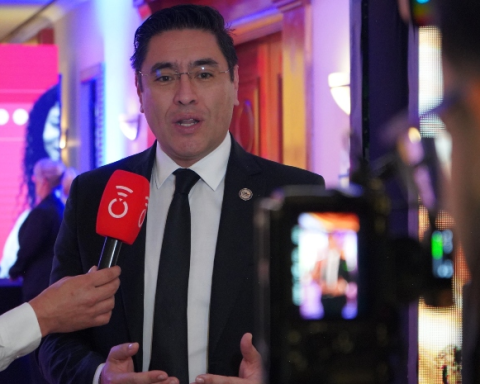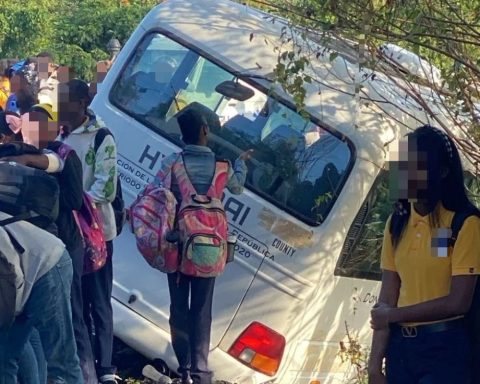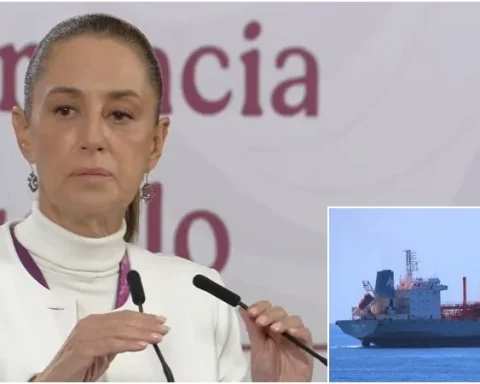Sandra Torres, former first lady of Guatemala, and Bernardo Arévalo de León of the Semilla party will advance to the second round in the Central American nation on August 20 if the trends continue. Arévalo de León did not appear in previous surveys or polls, so his arrival at this instance represented a surprise
portal figures of the Supreme Electoral Tribunal (TSE) of Guatemala indicated on the morning of this Monday June 26 that, with 81.26% of the votes counted for the day of general elections on Sunday June 25, they put the candidate for the National Union of la Esperanza, Sandra Torres Casanova, as the first candidate to move to the second round of the process by getting 15.02%. In second place is the leader of the left for the Semilla party, Bernardo Arévalo de León, who has 12.27% of support.
If the current trend continues, Torres and Arévalo De León will face each other in the second round to be held on August 20.
Meanwhile, the third place is disputed, since the distance between the representative of Semilla and the other parties is close to 185 thousand votes, which would be for the official candidate, the lawyer Manuel Conde, from the political group Vamos, la that brought to power the current president, Alejandro Giammattei.
However, experts do not believe that the trend will change. In addition, this is added to a 40.52% abstention rate versus a 59.47% citizen participation rate in the Guatemalan elections.
*Read also: Guatemala holds general elections this #Jun 25 amid irregularities
The polls released in recent weeks and days predicted a fight for second place between the former diplomat Edmond Mulet and the daughter of the coup dictator Efraín Ríos Montt, Zury Ríos Sosa.
However, Ríos Sosa and Mulet are located, with more than 75% of tables counted, with 6.7% and 6.8% of votes, respectively, in fifth and fourth place.
None of the surveys released in the electoral process gave Arévalo de León as second place, whose father, Juan José Arévalo Bermejo, ruled the country between 1945 and 1951, in a period considered a springtime for the political history of the Central American nation.
The voting centers closed at 6:00 pm, as planned, by the Guatemalan TSE on election day with incidents in at least five of the 340 municipalities that make up the Central American country.
The authorities confirmed the suspension of the elections in the San José del Golfo municipality, in the department (province) of Guatemala (center), due to the resignation of the officials in charge of the elections due to threats against them.
Similarly, in the municipality of San Martín Zapotitlán, in the department of Retalhuleu (southeast), various ballot papers were burned by people upset over the alleged transfer of false voters from another town.
*Read also: Irregularities cloud the electoral process in Guatemala
The incidents in San Martín Zapotitlán were also responded to by the anti-riot forces of the Guatemalan National Civil Police (PNC), with one person injured by tear gas.
For their part, in the municipality of Ixchán, in the department of Quiché (north), prosecutors from the Public Ministry seized alleged false ballots marked in favor of the official party, Vamos, of the current president, Alejandro Giammattei.
Meanwhile, in the municipality of Malacatán, in San Marcos (west), the members of the electoral board resigned due to death threats.
Lastly, in the department of Jutiapa (east) the local media reported alleged armed men who entered a polling station.
There are 9.3 million people authorized by the Guatemalan Supreme Electoral Tribunal (TSE) to cast their vote in the eleventh edition of the elections since the implantation of democracy in 1986.
The winner of the elections will replace, on January 14, the current president, Alejandro Giammattei, who according to a survey released this week is considered one of the four least popular governments on the continent.
With information from Swiss Info / Union Radio
Post Views: 126

